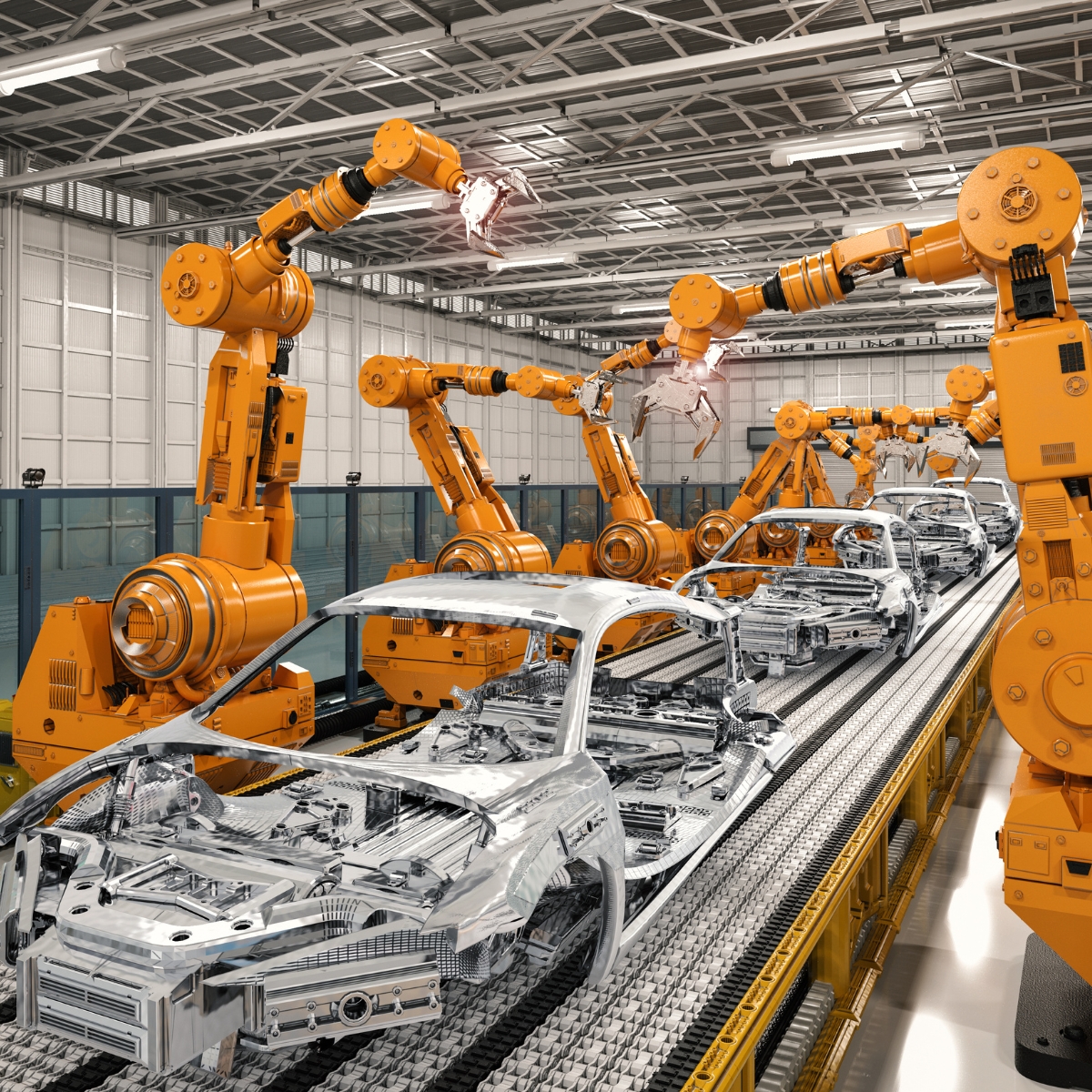Tesla, the global known firm specializing in the production of electric vehicles, is one of the significant representatives of contemporary progress. They own the world-renowned electric car company, Tesla, that boast of advanced strong technological platform besides showing a relatively leading path by their Chief Executive Officer, Elon Musk within the shortest time the company has experienced a geographical diversification at a very high degree. Recently some talk and rumours about the factory of Tesla manufacturing in India have been heard. This time it looks into the opportunities, consequences and the current state of affair of Tesla entering the Indian market.
India Trade – The Increase of Its Interest
India which is experiencing a steady growth in its economy with focus on the sustainable development is thus a market that holds a lot of potential for electric vehicles.
Market Potential:
1. India is the world’s fourth largest automobile market and with the fast-growing middle-class population and rising aspirations; the demand for automobiles is likely to soar.
2. The government of India is also inclined towards increase the usage of electric vehicles, policies such as Faster Adoption and Manufacturing of Hybrid and Electric Vehicles (FAME) has been launched by the government of India to encourage the usage of electric vehicles.
Sustainability Goals:
1. India is one of the world’s most significant players willing to minimize greenhouse gas emissions and fight climate change.
2. The company’s philosophy of environmental concerns relates well with India’s environmental realities, thus making tesla an environmental player of significance in the country’s green shift.
Strategic Location:
1. This indicates that setting up a factory in India would be advantageous because it would be addressing the local market and at the same time export the same products to the other Asian and African countries.
Current Status and Speculations
There have been speculations for quite some time on when Tesla will look at India as a market to venture into. Here are some key developments: Here are some key developments:
Registration and Initial Steps:
1. Tesla entered India in the year 2021 by incorporating Tesla India Motors and Energy Pvt Ltd, in Bengaluru, Karnataka. This lead many to believe that Tesla is extremely keen to establish its presence in the Indian auto market.
2. There are rumours that Tesla has been discussing with Indian officials several possible sites for building the factory.
Government Engagement:
1. There have been media reports that the Indian government officials have said they are open for Tesla and would provide the firm all the necessary incentives and help it set up a plant in the country.
2. Some of the conversations have been on specific states such as Karnataka, Gujarat, Maharashtra, and Tamil Nadu; the point has been made clear each state has its sweeteners.
Elon Musk’s Statements:
1. Subsequently, on more than one occasion, Elon Musk has suggested Tesla’s intentions for India on social media those saying that regulation was the main issue.
2. Their CEO, Elon Musk has said he is hopeful about bringing in Tesla’s to India, subject to business-friendly environment.
Challenges and Considerations
While the potential for Tesla’s expansion into India is significant, several challenges need to be addressed:
Infrastructure Development:
1. The charging stations and service centres for the electric vehicle are still in a very initial stage in India. This infrastructure needs to be developed very quickly for Tesla’s vehicles if they are to succeed.
2. This is rather an area that the Indian government is focused on developing, but a lot of capital as well as time is needed in order to achieve optimal capacity.
Import Duties and Pricing:
1. Tesla has been confronted with the fact that India charges hefty import duties on completely built motor vehicles resulting into high costs for Tesla vehicles.
2. This could be supplemented with local production thus bringing the prices of the Tesla’s EVs to be within the reach of the Indian consumers.
Regulatory Environment:
1. It is often not easy for the foreign organisation to comprehend and especially deal with the various regulatory provisions in the country.
2. The Indian government has demonstrated its pliability in some policies regarding foreign investment in the EV sector which could mean that some of these regulations will be eased.
Potential Benefits for India
Economic Boost:
1. A factory that produces Tesla automobiles would provide many employment opportunities; improving the employment rate and economic development within the area.
2. Establishing and buying from local supply networks and sourcing from the Indian firms would additionally boost the economy.
Technological Advancement:
1. In the sectors of automotive and of renewable sources of energy, Tesla Motors could therefore contribute to innovations.
2. Previous cooperation with car manufacturers and potential collaboration with local industries would improve India’s abilities in the sphere of EV technology and production.
Environmental Impact:
1. The use of electric vehicles will drastically lower the emissions of greenhouse gases; a paramount factor in enhancing the quality of the environment in the country.
2. Tesla’s plans to sell electric cars and batteries as well as its emphasis on renewable energies can also help India established clean energy systems.
Conclusion
It is quite possible to imagine Tesla coming to India and the construction of a factory here is rather promising. The market is expanding in India and the government is for the most part sympathetic to electric car brands like Tesla, the vision of sustainable future aligns with India’s agenda. Though there are few issues that still persist Tesla and India have a lot to gain in this relationship.








